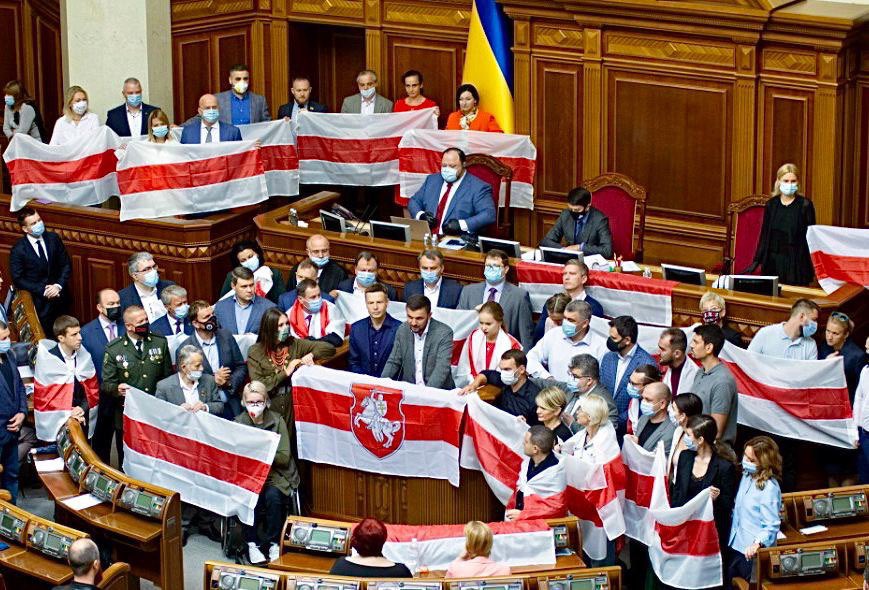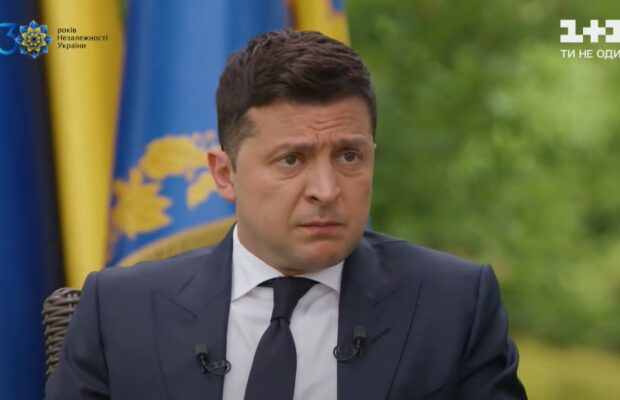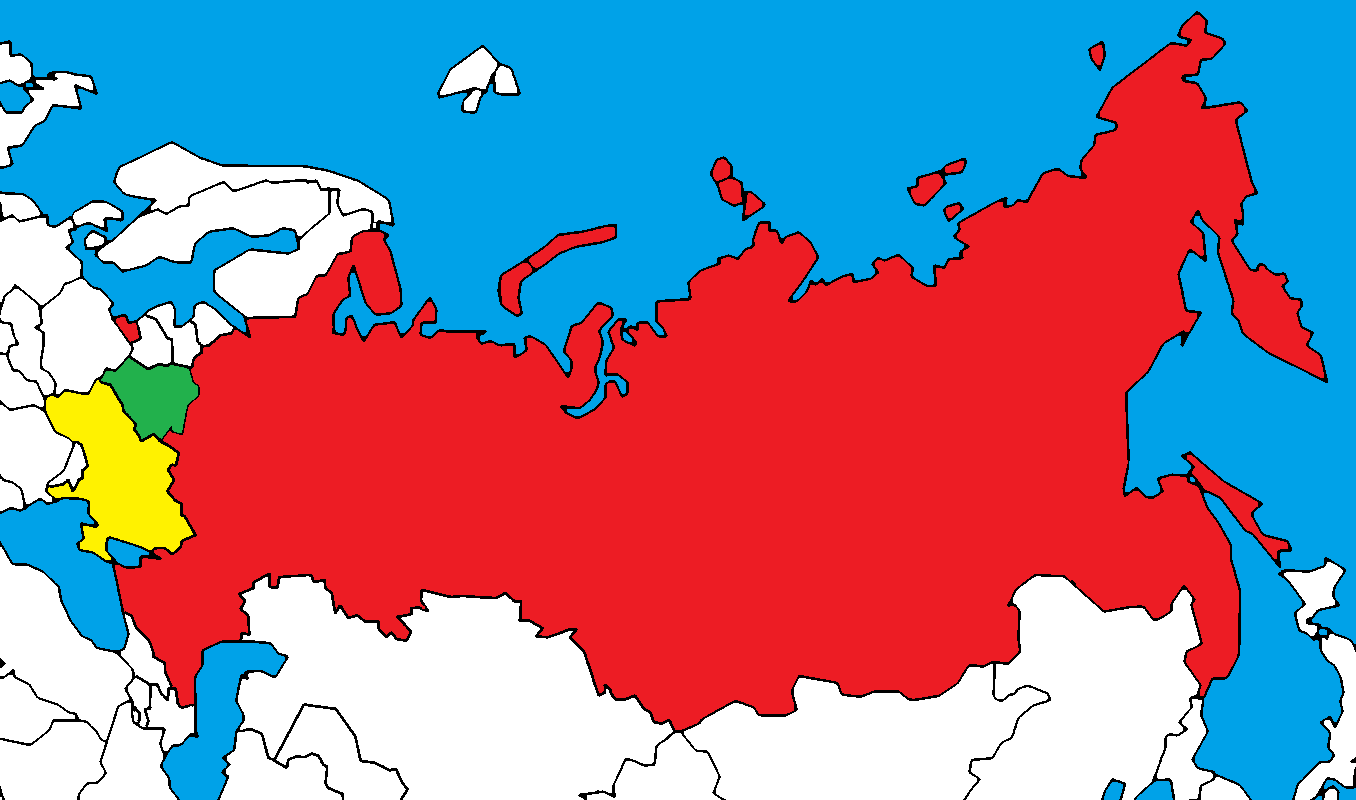The Verkhovna Rada, Ukraine's Parliament, adopted a resolution that supports the EU assessment of elections in Belarus being undemocratic; it also supported imposing sanctions against those responsible for election fraud and violence against protesters.
The resolution says that the election in Belarus was "neither free nor fair" as it took place in the absence of competition between candidates, free media, and authoritative observers from organizations such as the OSCE and the Council of Europe.
"We consider it unacceptable to intimidate opponents, imprison them, obstruct independent national observers at polling stations, violate the right of voters to express their will, as well as the government's full control over the Central Election Commission of Belarus," the council said in a statement.
The MPs stressed there are grounds to believe that the election on 9 August was not a real expression of the will of the Belarusian people and condemned the use of "excessive force and cruelty by the law enforcement agencies of Belarus."
Further evidence of post-election torture, beatings, and humiliation uncovered in Belarus
The parliament also demanded the release of "all detainees without exception" and condemned the illegal detention of Ukrainian citizens.
In addition, MPs rejected Belarusian accusations concerning Ukraine's "involvement in destabilizing the situation in Belarus" and said that "any intention to involve Russian ... forces to resolve the situation in Belarus" is a direct threat to European security and Ukraine's security.
The MPs also called on the Belarusian authorities to establish an equal dialogue with Belarusian society in order to find a way out of the crisis.
"One option could be new free and democratic elections with the participation of independent international observers from leading European institutions," the Rada statement says.
The EU does not consider Alyaksandr Lukashenka the legitimate president of Belarus and intends to impose sanctions due to the events in the country by the end of September. This was stated on September 15 during a speech in the European Parliament by Josep Borrell, EU High Representative for Foreign Affairs and Security Policy.
Previously, Ukraine's MFA had stated that the results of the elections in Belarus "are not trusted by Belarusian society" and the Minister of Foreign Affairs Dmytro Kuleba had temporarily withdrawn the Ukrainian ambassador to Belarus to Kyiv for consultations.
Background
Belarus held presidential elections on August 9, immediately followed by mass protests and strikes across the country. An independent vote count established there is no way Lukashenka could have won the 80.1% of the votes that he claimed.
How Alyaksandr Lukashenka stole the Belarus presidential election
Hundreds of thousands took to the streets to protest the announced result of the vote. The Belarus authorities responded with a violent crackdown and mass detentions. At least five protesters have died and thousands are detained. Protests have been ongoing ever since, amplified by a growing strike movement.
The protesters demand to free prisoners and hold fair elections. The scale of the protests is unprecedented for Belarus; the March of Freedom, the largest protest in the history of Belarus on August 16 in Minsk attractd up to 250,000 protesters. Large-scale protests continue each weekend; last Sunday, 13 September, up to 150,000 had joined the protest despite continuing harassment by police forces and arbitrary detentions.
Meanwhile, probable president-elect Sviatlana Tsikanouskaya had been forced to leave the country; all other opposition leaders have been also either jailed or expelled.
Lukashenka jails and expells all opposition leaders but Belarus protests show no sign of decline
Lukashenka has repeatedly claimed "foreign interference" in the election and alleged external efforts in fomenting protests. He spoke with Russian President Vladimir Putin who had promised him comprehensive assistance upon request and on 14 September, after a closed-door meeting, Lukashenka reportedly secured a $1.5 bn loan from Russia.
Read also:
- Belarus opposition leader Kalesnikava kidnapped in broad daylight as protests enter 30th day
- Why are protesters in Belarus using the white-red-white flag?
- Why we will cover the protests in Belarus – Editorial
- To help Belarus, recognize Tsikhanouskaya as the legitimate president-elect
- Support Belarusian pro-democratic activists and their families
- Chilling testimonies of police brutality, humiliation & “re-education” amid vicious crackdown on Belarusian protesters
- Flowers stronger than guns as “Ladies in White” protests spread throughout Belarus
- Lukashenka shuts out voices of free media by detentions, deportations, and recruiting staff from Russia
- Pillar of Lukashenka’s regime cracks as court journalists abandon ship
- Belarusian dissidents in 1999-2000: sudden disappearances & unsolved murders
- Ukrainian human rights activists detained in Minsk





